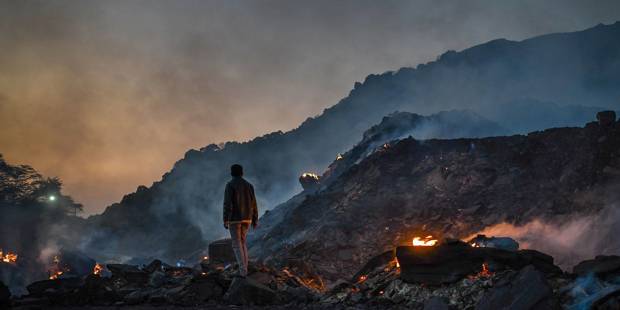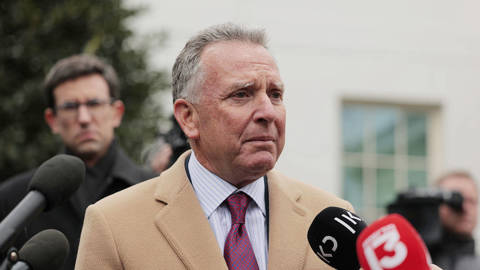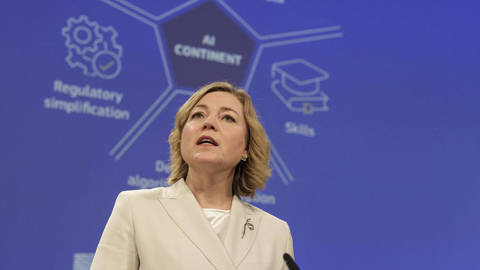Beata Javorcik
Beata Javorcik, Chief Economist of the European Bank for Reconstruction and Development, is Professor of Economics at the University of Oxford and a fellow of All Souls College.
-
The Great Fragmentation

The Great Fragmentation
Dec 11, 2023 Beata Javorcik thinks efforts to block the Chinese economy’s access to key technologies risks doing more harm than good.
-
The Eurasian Leaks in the West’s Russia Sanctions

The Eurasian Leaks in the West’s Russia Sanctions
May 9, 2023 Beata Javorcik points to data suggesting how exports of restricted goods are circumventing official barriers.
-
The Fog of Waronomics

The Fog of Waronomics
Dec 12, 2022 Beata Javorcik shows why even emergency economic policies should be assessed in terms of their longer-term effects.








